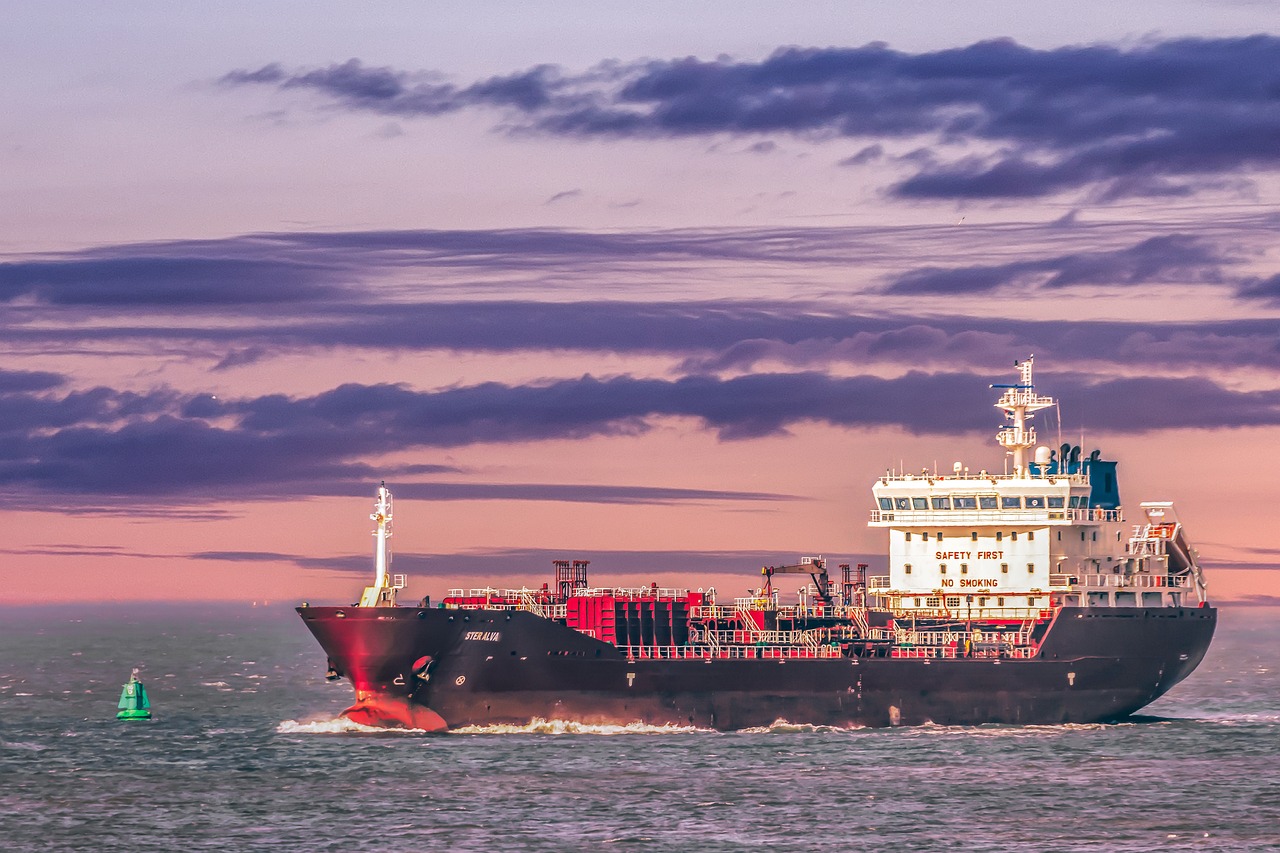The Trump Administration has taken a firm opposing stance to the measures proposed by the IMO under the heading “NET ZERO FRAME”. These measures, which as we have already published in NAUCHER, are to be confirmed next October by the IMO, will establish mandatory marine fuel standards and GHG emission prices for maritime transport. The NZF will join a complex regulatory environment like FuelEU Maritime and the EU Emissions Trading Scheme (EU ETS), undoubtedly creating greater fuel costs for shipowners. And this is definitely not to the liking of the TRUMP Administration, which through several of its Secretaries: of State, of Commerce, and of Energy, has shown a declared opposition to the IMO’s proposal and has expressed the possibility of retaliation against the countries that adopt the aforementioned initiative.
US politicians argue that the measure will lead to a significant increase in costs for American consumers, especially since non-polluting and low-carbon fuels such as e-methanol and ammonia, among others proposed, are much more expensive and less available than other proven low-emission options such as LNG and biofuels, of which the US industry is well supplied and has a competitive advantage in their supply.
The potential retaliation by the US against other IMO member states that adopt the NET ZERO FRAME approach presents an additional challenge to the geopolitical tensions affecting the global economy, from which maritime transport is not exempt.
Countries and shipowners face a possible new dilemma. Assume the costs posed by the IMO initiative, which are calculated in billions of dollars (the EU’s ETS “Emission Trading System” measure alone is estimated to have a cost of 6 billion dollars in 2025), and which both the IMO and the EU declare are necessary for the benefit of sustainability and the reduction of polluting emissions, while facing retaliation from the US, or “temporize”, “wait and see”, while time passes and emissions do not decrease, but rather increase.





